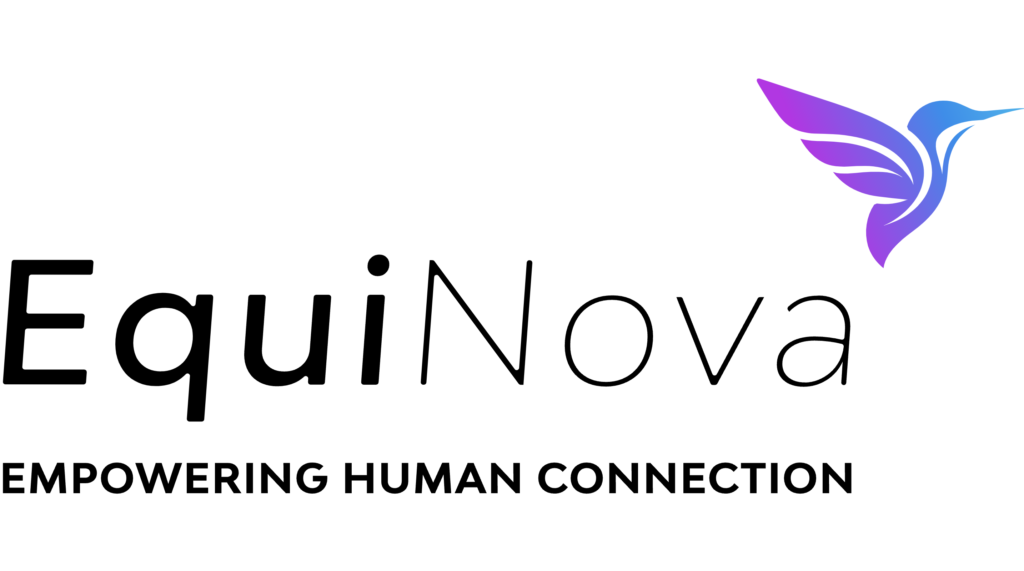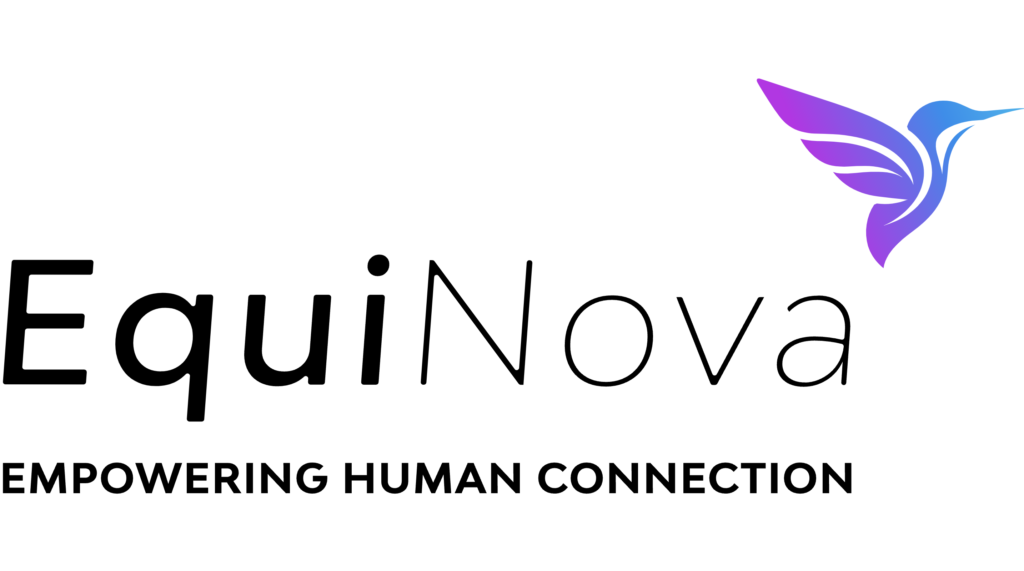Studies have shown that some DEI programs do not lead to significant improvements in diversity or inclusion and can sometimes lead to division. To overcome this, organizations need to understand what drives the resistance to DEI in the first place.
We are not bad people for not always welcoming DEI with open arms; we are simply fragile humans with psychological threats that generate defense mechanisms. Acknowledging these threats first and bringing them into conversations will create safety and move the DEI needle in the right direction.
We can experience at least one of three forms of threats when it comes to DEI: status threat, merit threat, and moral threat.
- Status threat: If people in minority groups make any gains (new roles, projects, promotions), those in the majority group will necessarily incur losses.
- Merit threat: Members of the majority may also fear that DEI initiatives suggest that their achievements are not the result of their skills and qualities but rather their affiliation with the group.
- Moral threat: If members of the majority acknowledge their privilege, they stain their moral image by linking themselves to an unfair system.
When feeling these threats, we might respond (and sometimes quietly and secretly in our minds) with one or all of the three Ds:
- Defending: “I think there are valid reasons for things to be as they are.”
- Denying: “I don’t understand why I need to attend all these sessions.”
- Distancing: “There are issues, but I am unbiased, and I don’t discriminate.”
In conclusion, try to frame your DEI initiatives to express universal ideals (fairness, trustworthiness, non-discrimination) rather than a moral obligation (equal treatment) that majority-group members MUST live up to.
Here is a link for anyone interested in more research on the subject.




Leave A Comment